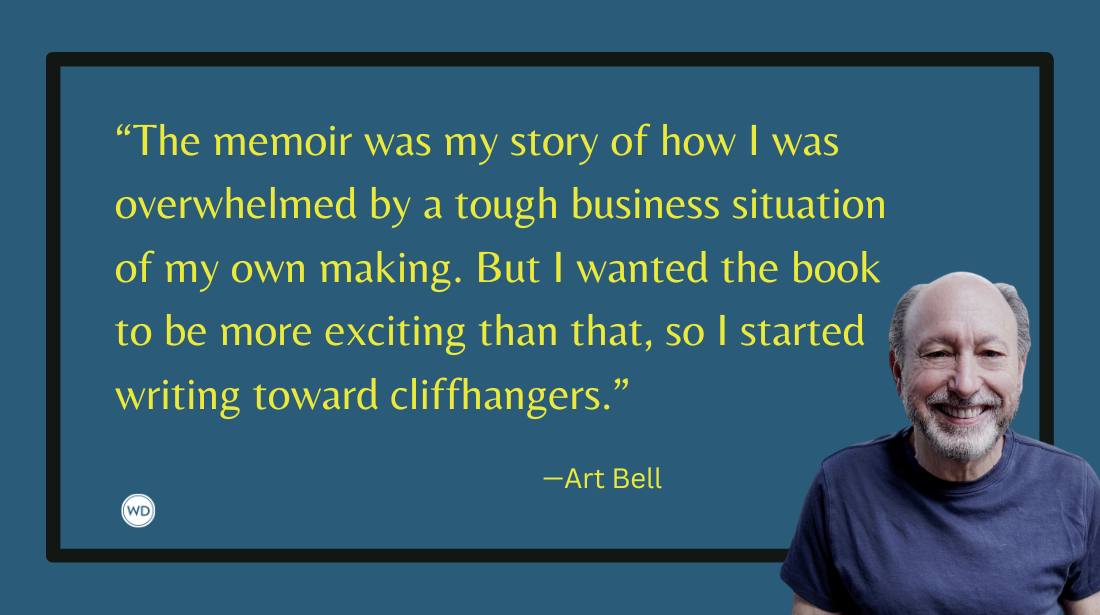Evoke Emotions in Your Readers
Based on the amateur memoirs I’ve read, I think the most common mistake—the mistake most likely to damage the readability of your book—is becoming a slave to chronology. by Steve Zousmer
Based on the amateur memoirs I’ve read, I think the most common mistake—the mistake most likely to damage the readability of your book—is becoming a slave to chronology. You dutifully grind out your report on what happened one year and what happened the next year and so on, filling in the boxes of life’s calendar but losing the bigger picture and perhaps the feeling and flavor of the life itself.
The success of your book depends on your ability to see your story as something more than a procession of events, more than a daily diary as long as your life. If you start drifting in this direction, you should pick up a warning from its monotonous, laundry-list rhythm of event upon event: “And then in 1990, I did this … and then in 1991, I did that … and then in 1992, I went here …”
What you did, for the most part, is only a framework for your life story. Don’t mistake the framework for the substance. Events of long ago are probably not very interesting—to readers or even to you—unless they evoke the times you’re recalling, bringing them back to life and capturing their emotion and meaning.
OK, how does a writer evoke? This question merits a few semesters of creative writing classes, but let’s boil it down to this exercise:
Pretend you’re walking on a beach with a son or daughter or friend, recalling old times. Concentrate on making your listener see and feel what it was like. Show the physical action or appearance of these scenes and tell what you learned from them or why you were affected emotionally. These meanings don’t have to be deep or complex, and they don’t have to be poetic—but you do need to put your finger on why they’re worth remembering and describing. Create an energetic narrative and keep it on a level you can manage.
Then, apply this to your memoir. If you’re writing about moving out of the old house in Des Moines, tell what you remember about the day: how you felt when the moving van pulled up outside, how you felt saying goodbye to old friends and driving by your old high school on the way out of town. Tell why you moved and how your kids or parents felt about it. Describe your hopes and fears as you headed toward something new. Do this, and if you do it simply and honestly, your evocation will be more than adequate.
Excerpted from You Don’t Have to Be Famous © 2007 by STEVE ZOUSMER, with permission from Writer’s Digest Books.
This article appeared in the September issue of Writer's Digest.Click here to order your copy in print. If you prefer a digital download of the issue, click here.








